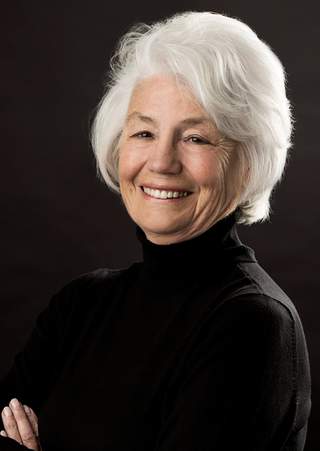Canberra Times
By Lesley Russell
Two weeks before the United States mid-term elections, the gloves are off and the political campaign and advertising funds are flowing at record levels. Billions of dollars are being poured into hotly contested elections, putting them on course to become the most expensive in history and raising questions about the link between politics and special interests seeking influence.
The past few weeks have seen a number of races tightening in the Democrats' favour, as votes come down to local issues. Republicans are now publicly saying they are confident of picking up six Senate seats. This would fall short of earlier expectations and leave the Democrats with a 53-47 advantage.
However, Republicans are competitive in another seven states where Senate seats are now held by Democrats. Separately, Minority Whip Eric Cantor has talked about a tightening of the race for control of the House of Representatives and warned his party against complacency after weeks of polls suggesting House Republicans could pick up 39 seats and win back the majority.
These cautious signals from Republicans come as Democrats argue they are closing a perceived enthusiasm gap between voters for the parties and tout their recent fund-raising success as an example of political momentum shifting in their direction. The Democratic National Committee has donated $US20million ($A20.1million) so far to the party's House and Senate campaign committees, and will pour more cash into competitive campaigns over the next weeks in an attempt to stave off Republican victories and hold control of the Congress.
Meanwhile, although Democratic fund-raising is ahead of the Republicans, the Republicans are benefiting from a huge increase in spending by special interest groups. Outside spending on this mid-term election is up fivefold over that in 2006, and stands at about $80 million, much of this from undisclosed sources. The Supreme Court cleared the way for unlimited spending by corporations, unions and other interest groups on election advertising with its decision in Citizens United v Federal Election Commission earlier this year. Many interest groups are organised as non-profit groups and are not required to disclose their financial backing, thus encouraging anonymous donations. The bulk of this money is being spent by conservatives, who have outspent their Democratic-aligned competition sevenfold.
The increase in conservative spending has come from both established and new groups. The Chamber of Commerce alone is expected to spend about $75million; historically, the lion's share of their spending promotes conservative Republicans. There are recent accusations that the chamber has been actively soliciting money from foreign companies to influence US elections, in direct defiance of the law. The conservative Americans for Prosperity, linked to billionaire David Koch, is likely to spend about $45million. Other major players include groups run by Republican strategists such as Karl Rove, who plans to spend about $50 million. Rupert Murdoch's News Corporation has attracted attention with unprecedented donations of about $1million to both the Chamber of Commerce and the Republican Governors' Association.
This partisan approach is highlighted by the stances taken by News Corporation's media outlets. In particular, the Fox News channel is seen as offering a free campaign and advertising platform for conservatives and the Tea Party. Democratic-aligned groups are trying zealously to catch up. In August, the American Federation of Labor and Congress of Industrial Organisations said it would join with other union groups for a political effort estimated to cost at least $94million.
The American Federation of State, County and Municipal Employees intends to spend at least $50million and America Votes, a coalition of about 400 liberal groups, plans to spend $8.5million. Some wealthy candidates are spending enormous sums of their own money.
Meg Whitman, in her battle to win the Republican nomination and beat Democrat Jerry Brown for the right to the California governership and to take on the debt-ridden state budget, has spent a record $140million on her campaign to the end of September. Much of this ($119million) is from her own fortune. The former eBay chief has said she is willing to spend $150million on her campaign, but she might note that history shows a poor victory record for self-funded candidates. In 2008 the average cost of winning a House race was nearly $US1.1million and a Senate seat averaged almost $US6.5million. This year's efforts will top that. US politics is increasingly a game for millionaires where money not policy does the talking.
Dr Lesley Russell is a senior fellow at the Center for American Progress in Washington, DC. She is also a research associate at the Menzies Centre for Health Policy and the US Studies Centre at the University of Sydney.





